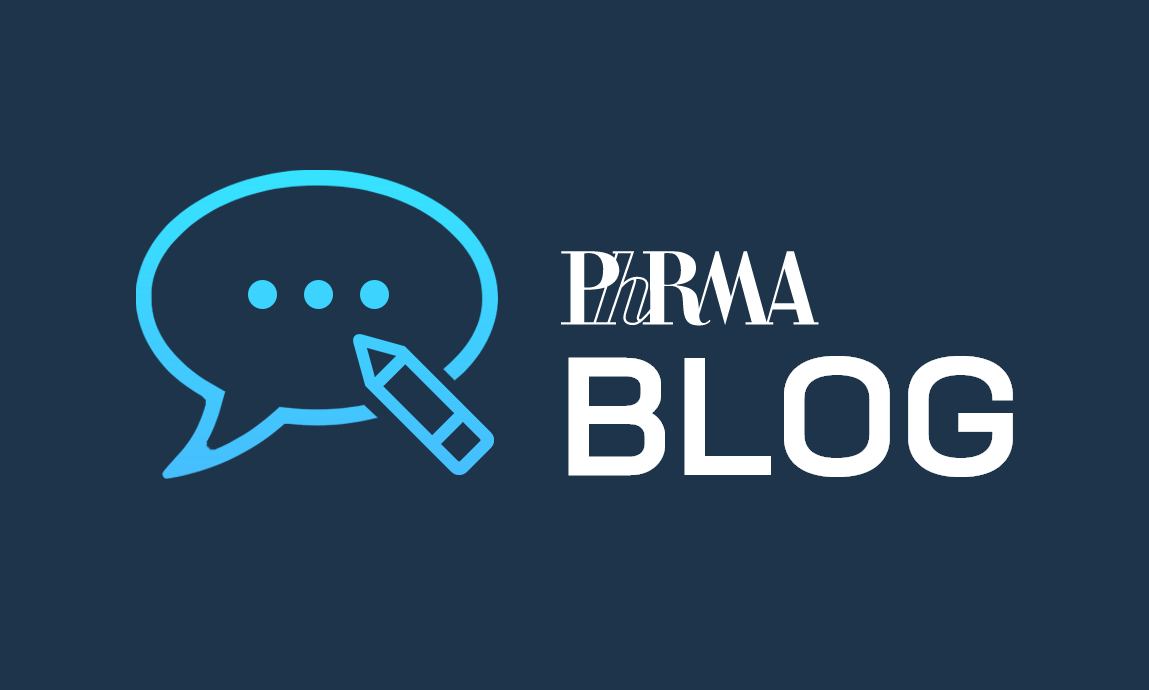Earlier today, 31 PhRMA board members signed a letter to President Joe Biden applauding the Administration’s accelerating COVID-19 vaccine rollout, but also warning against efforts to undermine American intellectual property and innovation-dependent manufacturing jobs.
The letter underscores how collaboration will help bring an end to the pandemic. “…Many of us are working with other manufacturers worldwide with the appropriate expertise, technical capabilities and facilities and have entered into partnerships and licensing agreements to speed up the production and distribution of vaccines,” it reads.
Intellectual property protections are critical for both the development and sharing of new technologies. They enabled biopharmaceutical research companies to move quickly and effectively against COVID-19, and are the foundation for our ongoing efforts to increase manufacturing capacity and find new ways to fight the virus. But a proposal at the World Trade Organization (WTO) would remove intellectual property on COVID-19-related technologies without any evidence that the effort would increase vaccine production or access. A better approach is to continue the intense collaboration already taking place between companies, governments and other partners around the world.
As the letter says, “Eliminating those protections would undermine the global response to the pandemic, including ongoing effort to tackle new variants, create confusion that could undermine public confidence in vaccine safety and create a barrier to information sharing. Most importantly, eliminating protections would not speed up production.”
The challenge of manufacturing vaccines at a global scale does not stem from intellectual property barriers, but rather the immense technological and logistical challenges. To help address this, this week Merck entered into an agreement with Johnson & Johnson (J&J) to support the manufacturing and supply of J&J’s vaccine. The Pfizer and Moderna vaccines are the first medicines ever authorized using mRNA technology. Maria Elena Bottazzi, a virologist at Baylor College of Medicine, recently said, “There aren’t any facilities in the world that have manufactured mRNA at such a large scale before.” Despite these challenges, COVID-19 vaccine manufacturers anticipate that they will be able to supply approximately 10 billion COVID-19 vaccine doses by the end of 2021, enough to vaccinate the world’s entire vaccine eligible population. This is a historic achievement in the face of a novel virus and a testament to the need to preserve, not undermine, the intellectual property that enables this innovation.
We must keep working together to end the pandemic, not get distracted by divisive policies.
To read the full letter, please click here.



